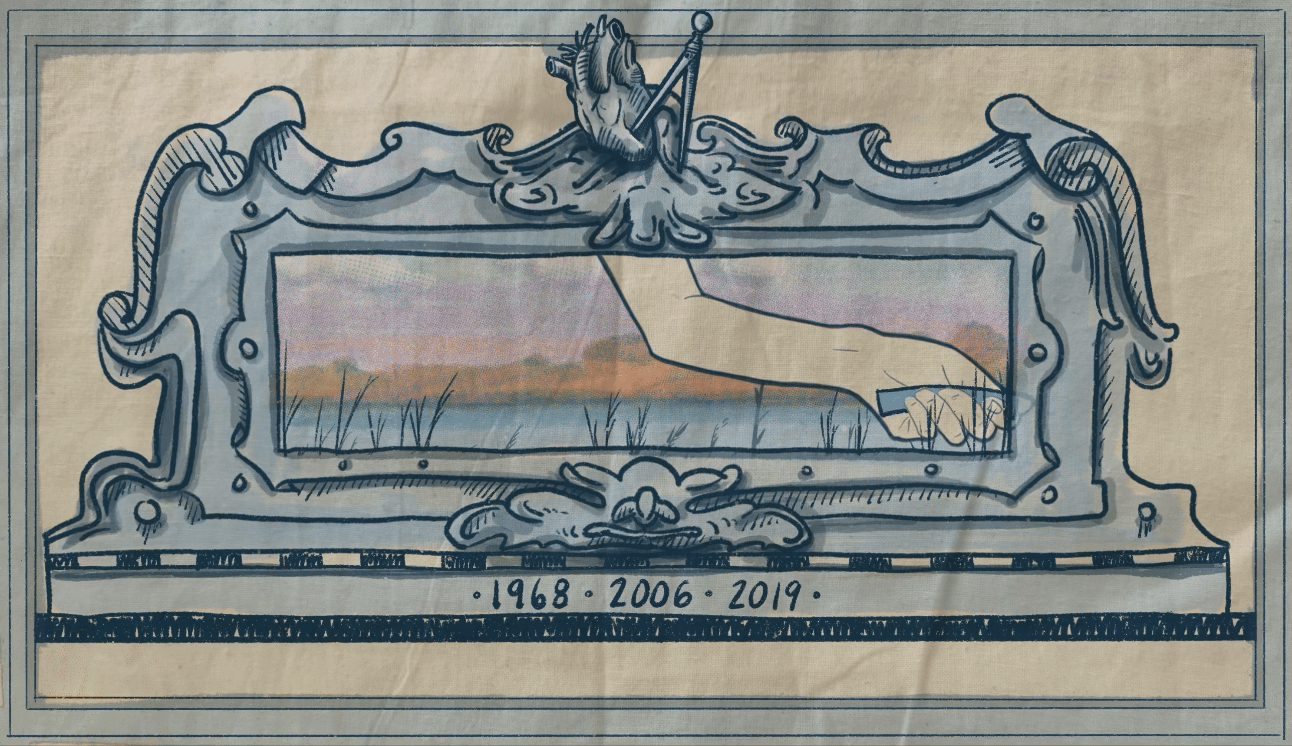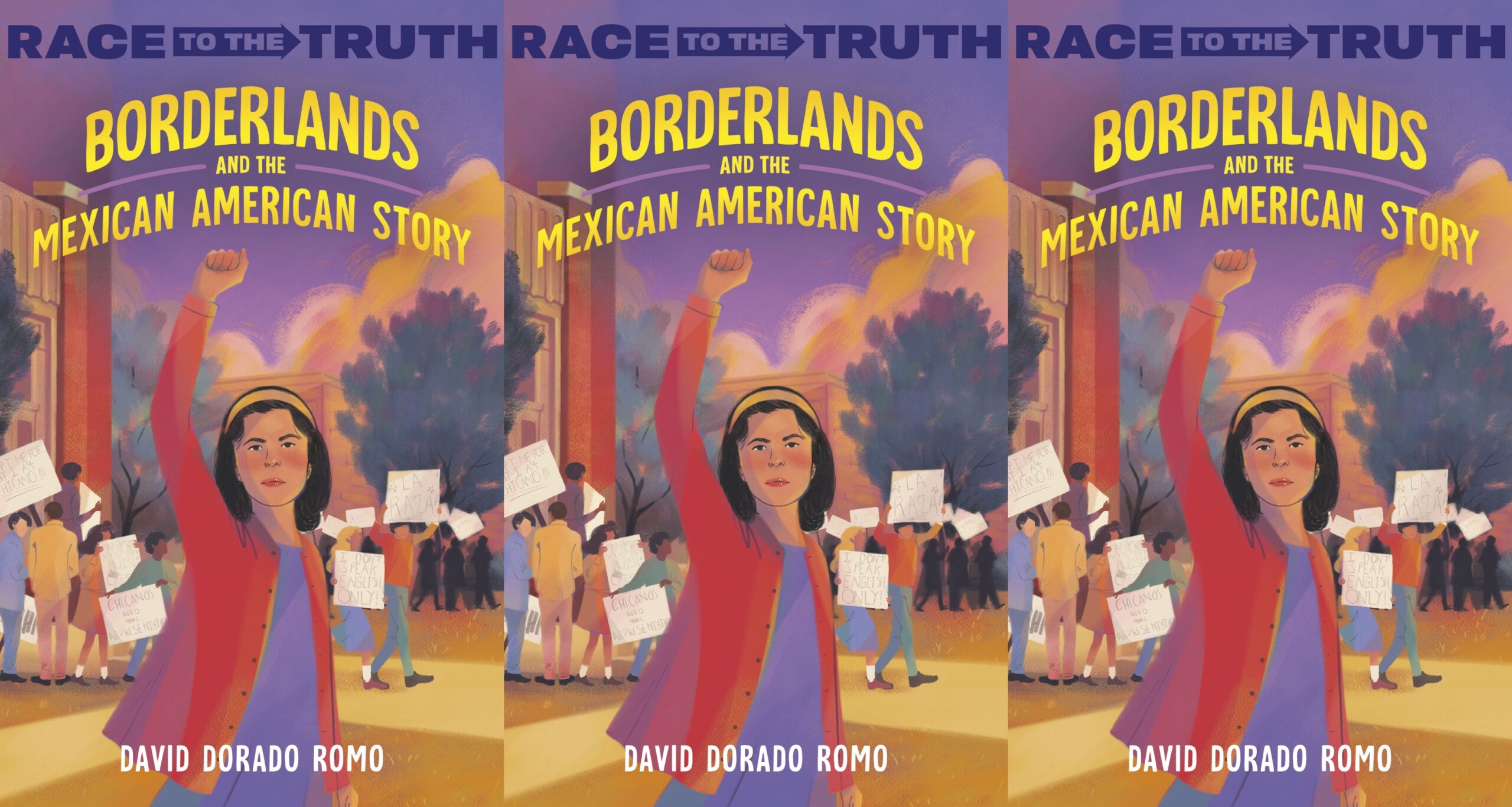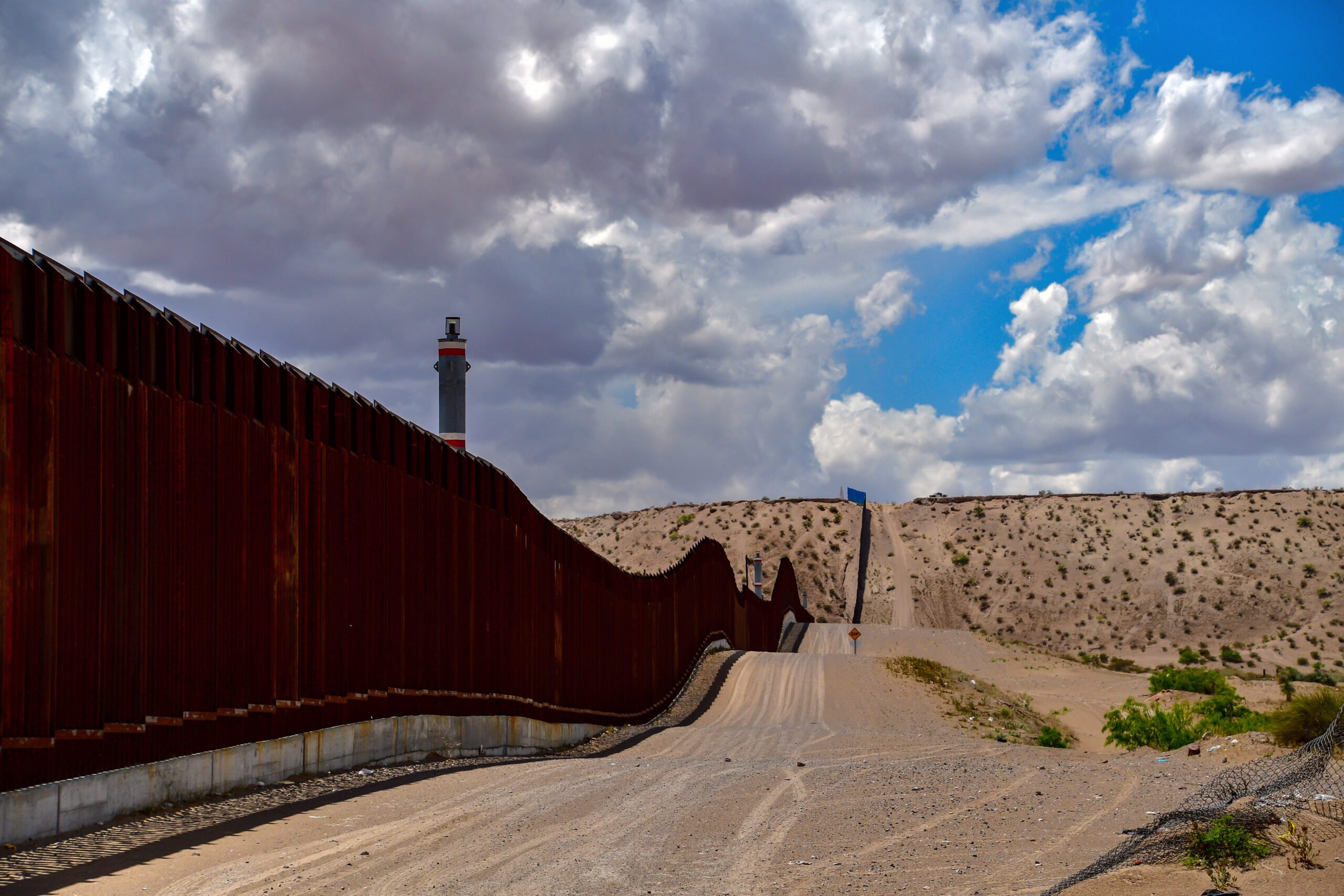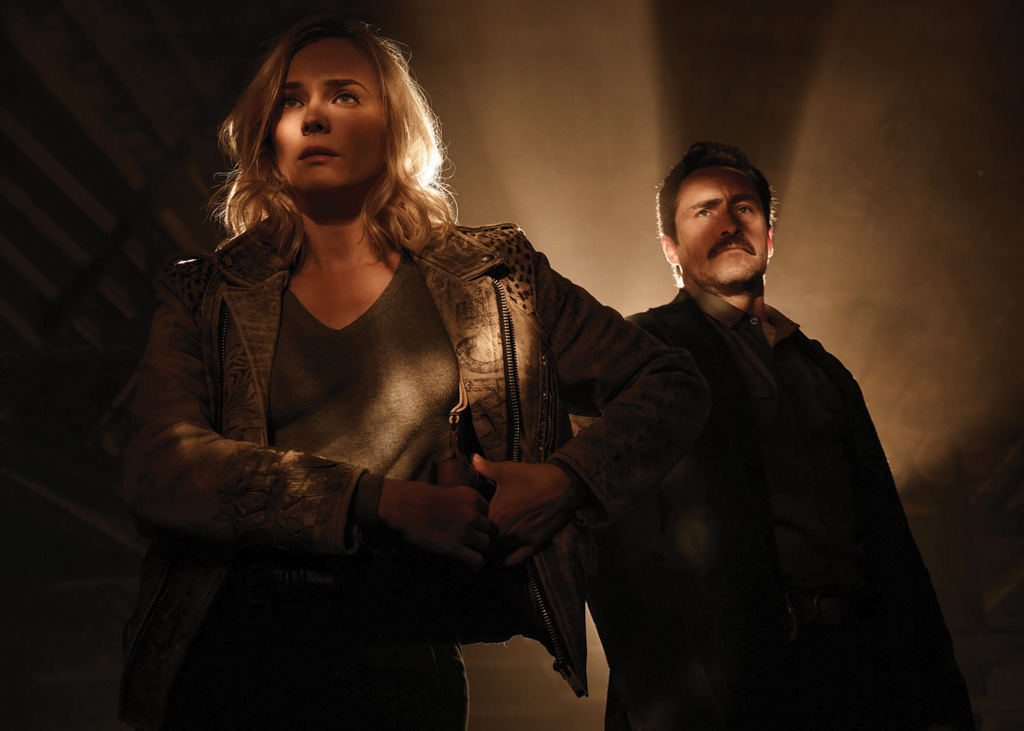
The Entertaining Border Narrative of The Bridge Cut Short Too Soon
A version of this story ran in the January 2015 issue.
There’s a downside to living in the New Golden Age of Television, and its name is heartbreak.
I’m not talking about the heartbreak viewers experience when a beloved character is offed out of the blue. All the greatest shows, from The Wire to The Sopranos to Breaking Bad, have had to do that—sudden death is a sacrifice we owe to the god of great narrative. No, I’m talking about the larger heartbreak, the one that comes when a series we’ve fallen for is cut down in the flower of its youth, right in the middle of its storyline, brutally murdered between seasons by callous studio executives while we look on in horror, powerless to stop them. This is by far the unkindest cut in this era of great serial drama: death by ratings, immolation before the implacable prerogatives of commerce.
Still, it’s a testament to just how good dramatic television has gotten over the last 15 years that a show as complex, artistic and ambitious as The Bridge could go all but unnoticed during its two-year run, which ended unceremoniously this past October when FX execs announced they could no longer justify paying for a series that was pulling in barely a million viewers each week. Set in El Paso and its cross-border sister city, Ciudad Juárez, The Bridge was a sprawling, novelistic look at the consequences of two countries’ misguided war on drugs—a war that turned Juarez into a battlefield (and slaughterhouse) and El Paso into its nervous neighbor, always on edge in case the violence should spill northward. Ambitious to a fault, The Bridge explored every corner of this seedy world. It was the Texas answer to New Mexico’s Breaking Bad, both desert-set serial dramas featuring deeply flawed heroes, ultraviolent drug dealers, psychotic hitmen, corrupt officials, troubled cops, entangled story lines, and gruesome sins committed against the human body.
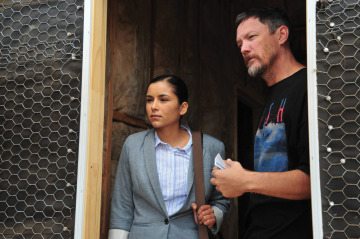
For all its novelistic airs, however, at its heart The Bridge was old Hollywood all the way: one part mismatched cop procedural (American Sonya Cross and Mexican Marco Ruiz are assigned to work together when a body is found sliced in half on the line separating their two countries), and one part serial-killer whodunit, complete with high-tension battles of wits, elaborate murder tableaus and mounting cat-and-mouse hysteria.
But like most modern-day criminal dramas, The Bridge (Season 2 of which is being released on DVD this month) is also full of complex characters whose lives spill far beyond the lines of the crimes they try to solve, or perpetrate, each one a living, breathing entity with a backstory that could pass for motive. The Bridge is also steeped in a level of violence that would have been inconceivable on television before Oz or The Sopranos. And if some of that violence tends toward the cartoonish and the absurd, and if, in the end, the show’s creators didn’t have quite the chops to keep The Bridge from sliding into pulp and melodrama, then maybe that’s what gave the show some of its slightly clumsy old-school charm. In an era of high narrative art, sometimes you just want to feel entertained: a cliffhanger before every commercial, a depraved killer to haunt your dreams.
The problem is that when cable is weighted with such an embarrassment of riches, the merely entertaining can be easy to overlook. Which means that good shows like The Bridge are sometimes abandoned before they can finish their story arcs, casualties of a Golden Age that has elevated television to the status of literature, but can (and will) break your heart with chapters unfinished.
If the end of Breaking Bad was like the slow death of a loved one—awful but expected, allowing us at least the dignity of a little emotional closure—then the end of The Bridge was more like a lover vanishing in the middle of the night without leaving so much as a note.
